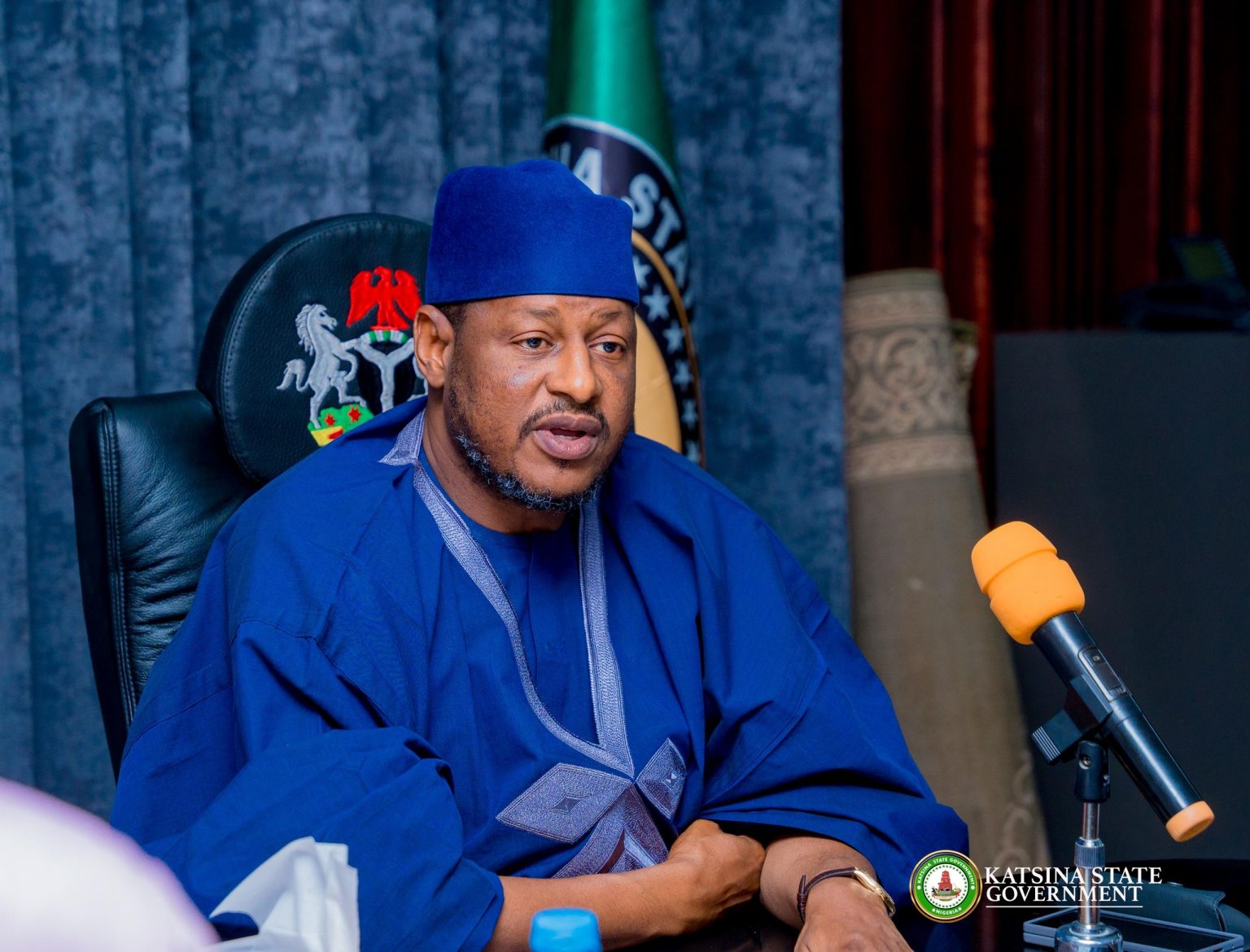Governor Dikko Umaru Radda of Katsina State has given the green light for a comprehensive census of Almajiri and Islamiyya schools across the state, in a move aimed at addressing the challenges associated with informal Islamic education and providing data-driven solutions to improve educational planning.
The directive, which was issued to the Katsina State Bureau of Statistics, mandates the agency to carry out a detailed enumeration exercise that will cover all Quranic and Islamiyya learning centres, as well as Almajiri pupils within the state’s 34 local government areas. According to government sources, the exercise is part of broader efforts by the Radda-led administration to reform the education sector, with a particular focus on integrating traditional and religious schooling into the state’s formal education framework.
Speaking on the initiative, a senior official from the Bureau explained that the census will capture critical data including the number of Almajiri children, the locations and conditions of the schools, as well as the qualifications of teachers and Mallams operating these centres. The data is expected to assist the government in formulating policies that will not only improve access to quality education but also address issues of child vulnerability, street begging, and unregulated religious schooling.
Governor Radda, who has consistently emphasized education and youth development as core components of his administration’s priorities, believes the accurate documentation of these schools will help in designing targeted interventions to uplift the standard of Islamic education while safeguarding the welfare of children enrolled in such institutions.
The first official census of its kind in the state and is aligned with national efforts to harmonize traditional education systems with modern learning standards. The exercise is expected to commence in the coming weeks, with enumerators and data officers already being mobilized for the task.


